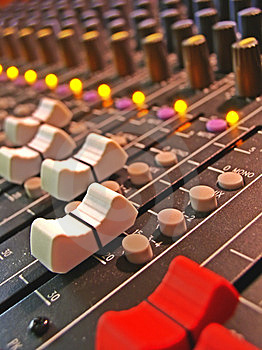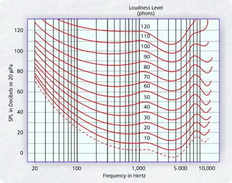| « Introducing our Friend and Photog, Jim Messer, and his Musical Adventures | A Little Monday Morning Blues - Any Tme You Want - A New Song » |
Why You Mix in the Morning and Not at Night
7 comments
Also, you should listen to your mix at a variety of levels..
I do a lot of mixing at cocktail party levels..
If i can hear everything at a low level, it all works out..
One way I have found that will help you out is to monitor at low levels - you need speakers and amps that can deliver the goods at a lower level - and to avoid mucking about with the volume knob too much.
I also like to set up a boom box or auratones/ minimus 7s Studer 1/2 track speaker (glorious mono!)or some kinda small speaker system to check out. the trick is to match the level (relative of course) to the main monitors….. I long ago gave up using far fields or “bigs” which are there purely to rub the ego of the band. I usually go turn the buggers off….
regular breaks help. Less coffee, no coke, and pot is an after session treat if you roll that way. Try to maintain an even air temp and humidity as these affect the acoustics….. I find that if I have to raise my voice at all that my monitors are too loud… If you have some half deaf half wit who must rock da house leave the room until they have it back in their pants. A few seconds of mad volume will screw you for a whole day! Most peeps get it after the 5th time of you leaving the room!
Nice piece though!
One of the last things I do in a mix is listen at conversation levels, a volume you can have a conversation over. Also I run the TV or something in the background to provide the conversation. I like it when my mix cuts through the room noise a little.
Great stuff Ed, More More More!
Pretty great revelation about a situation that always seems to occur. A very wise man once told me when you’re done with a session, play the recording thru a single speaker device…you’ll know if you really got it then.
Things sound better when you are tired-your defenses are down as are your standards. Leave it for a while, come back when you are fresh. Nice post.
Working on your song for a long period of time can definately make you feel fatigued and the song will definately sound better since your mind isn’t so sharp.
The Law defiantely makes sense. Plus, I would figure that you would test the song before you go out, you know?



